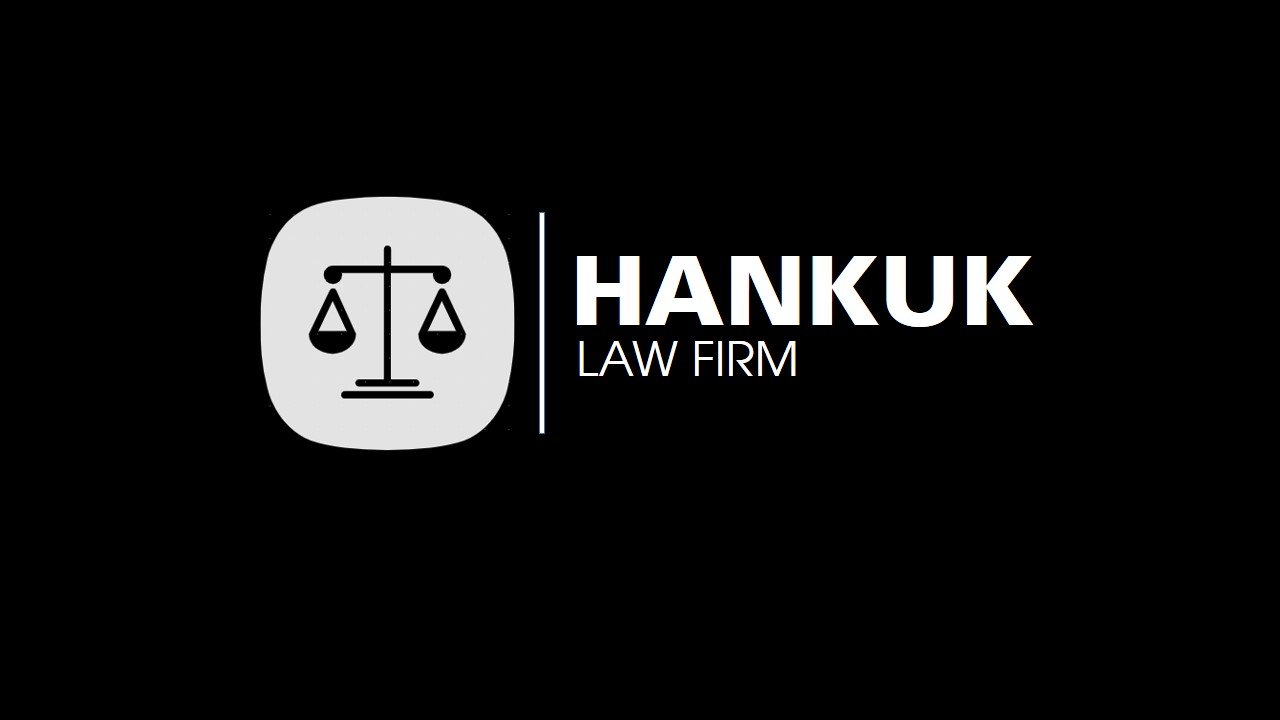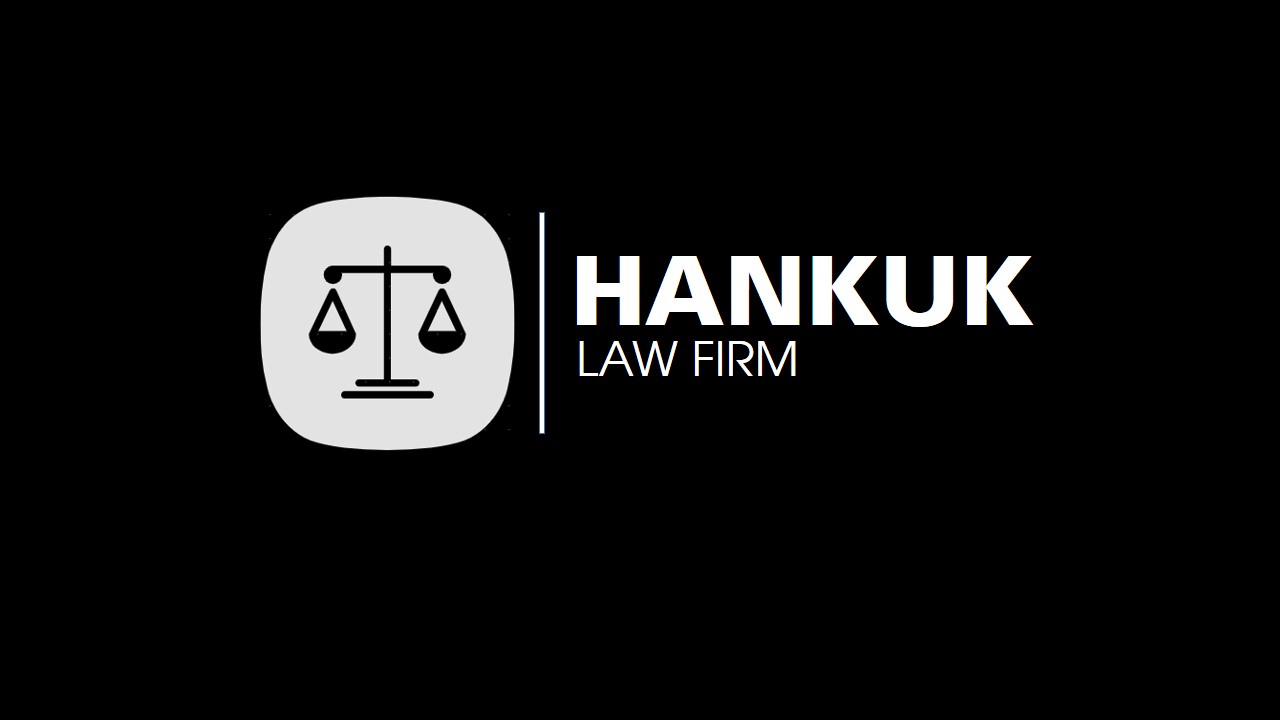DIVORCE PROCEDURES IN 2025: WHAT DOCUMENTS TO PREPARE? WHERE TO SUBMIT THE APPLICATION?
Contents
I. Legal basis
- The Law on Marriage and Family of Vietnam 2014
- Resolution No. 04/2018/NQ-HĐTP
- Resolution No. 01/2017/NQ-HĐTP
- The Civil Procedure Code 2015
II. Detailed guidelines on divorce procedures
1. Who has the right to request a divorce?
The Law on Marriage and Family of Vietnam 2014 stipulates that both the husband and the wife have equal rights to request a divorce.The law makes no distinction based on whether a person is male or female, the extent of their contributions to the family, or who is the primary breadwinner; anyone may file for divorce.
There are two groups of persons entitled to request a divorce:
- The husband or the wife:
The wife, the husband, or both may file for divorce. In this case, there may be:- Consensual divorce: when both parties agree to divorce.
- Unilateral divorce: when only one party wants a divorce and the other does not agree.
- Relatives:
If one party suffers from a mental illness or a serious disease that renders them incapable of controlling their behavior, or is a victim of serious domestic violence committed by the other party, the parents or relatives may request a divorce on their behalf.
An important note is that if the wife is pregnant, giving birth, or raising a child under 12 months of age, the husband is not permitted to request a divorce. This provision is intended to protect the rights and interests of both the mother and the child, ensuring that the child receives full care from both parents. However, conversely, the wife may still file for divorce during this period if she so wishes.
2. Conditions for requesting a divorce
Currently, there are two main types of divorce: consensual divorce and unilateral divorce (where one party files the request). Each type has different conditions, as follows:
2.1. Conditions for consensual divorce
- Both parties voluntarily agree to divorce without coercion.
- The parties have reached an agreement on the division of assets, child custody, and support obligations (such as child support payments after the divorce).
2.2. Conditions for unilateral divorce
- One party commits acts of domestic violence.
- One party seriously violates the rights and obligations in the marriage, making it impossible for the marital life to continue.
- The husband or wife has been declared missing by the Court.
- One party suffers from a mental illness or another disease and is simultaneously a victim of domestic violence committed by the other party.

3. What documents are required for a divorce?
To ensure that the divorce process proceeds quickly and smoothly, you must prepare a complete and accurate application dossier in accordance with the law.
3.1. The required documents include:
(1) Divorce petition
- Consensual divorce: Use the application form for civil matters (Form No. 01-VDS under Resolution No. 04/2018/NQ-HDTP).
- Unilateral divorce: Use the statement of claim form (Form No. 23-DS under Resolution No. 01/2017/NQ-HDTP).
(2) Identification documents
- Citizen identification card or passport of both spouses (certified copy or compared with the original).
- In cases where one party is a foreigner, a passport with certified translation is required.
(3) Marriage certificate
- The original marriage certificate.
- If the original is lost, an extract of the marriage registry or a marital status certificate issued by the commune-level People’s Committee where the registration was made may be used.
(4) Documents related to children (if any):
- Certified copy of the child’s birth certificate.
- In the case where the child is an adult, the child’s consent regarding the parents’ divorce may be required.
3.2. Additional documents depending on the case:
If there is a dispute over assets:
- Documents proving ownership of real estate (certificates of land use rights, house ownership certificate).
- Documents related to automobiles and motorcycles.
- Savings passbook, bank account documents.
- Contracts for the sale or lease of assets.
- Property division agreement minutes (if any).
If there is a dispute over child custody:
- Income certificates of both parties.
- Medical certificate.
- Certificate of living conditions and residence.
- The opinion of the child if the child is aged 7 or older.
Special cases:
- One party’s departure: exit certificate or confirmation of residence abroad.
- Divorce involving missing person: court declaration of missing person.
- Domestic violence: Police report, medical examination certificate, witness statements.
3.3. Note when preparing documents
- It is advisable to prepare a complete dossier for both consensual and unilateral divorce, as it is possible to switch between these two types during the process.
- The documents must still be valid and not expired.
- Copies must be certified or compared with the original.
3.4. Handling missing documents
- If the marriage certificate is lost, contact the commune/ward People’s Committee where the registration was made to request an extract.
- If the citizen identification card is lost, reapply at the commune/ward police office.
- If the child’s birth certificate is lost, contact the commune/ward People’s Committee where the registration was made to request a copy.
3.5. The main difference between consensual divorce and unilateral divorce
- Most of the documents are the same, differing only in the divorce application form used.
- Consensual divorce uses the application form prescribed under Resolution No. 04/2018/NQ-HDTP.
- Unilateral divorce uses the application form prescribed under Resolution No. 01/2017/NQ-HDTP.
4. Where to file for divorce?
According to the provisions of Article 35 of the Civil Procedure Code 2015 (as amended and supplemented by Law No. 85/2025/QH15), the People’s Court at the district level (district-level People’s Court) has jurisdiction to resolve divorce procedures at the first-instance level.
- For consensual divorce: The spouses may mutually agree to file the petition at the court where either party resides (which can be the wife’s or the husband’s place of residence). Upon receipt of the petition and dossier, within three working days, the Chief Justice of the Court will assign a judge to handle the case.
- For unilateral divorce: The competent court to handle the case is the court where the defendant (the respondent) resides or works. This is stipulated in Article 39 of the Civil Procedure Code 2015. Therefore, the party seeking a unilateral divorce must file the petition at the court where the defendant currently lives or works.
Important note:
According to Clause 4, Article 85 of the Civil Procedure Code 2015, the husband or wife is not permitted to authorize another person to participate in the litigation on their behalf in divorce cases. They may only ask others to assist with filing the petition or paying court fees. If the husband or wife cannot directly participate in the litigation, they may submit a written request for absentia trial to the court for consideration.
Read more related articles: DIVORCE PROCEDURE STEPS
III. About Us, Hankuk Law Firm

■ Hankuk Law Firm – Introduction
The goal of the legal services provided by HANKUK LAW FIRM is to support businesses, investors, and people. Our organization employs skilled Korean lawyers, partners, and professionals to provide legal services to businesses related to corporations and litigation.
To support the startup process, our lawyers and staff provide a wide range of services, including business law consulting, tax and immigration law consulting, real estate services, business consulting, marketing and communications, human resources, product distribution, franchise options, etc. We provide expert advice on every aspect of your business needs.
To protect the legitimate rights and interests of our clients and achieve the best results, we provide legal advice and participate in civil lawsuits related to business, labor, marriage, family, and inheritance.
■ Contact us now

For reliable and effective legal advice, please contact HANKUK LAW FIRM now. We are committed to providing you with the best possible answers and our team of experienced lawyers has extensive knowledge in many legal fields. We are always here to provide the most competent and dedicated support, whether you are dealing with contractual issues, commercial disputes or need guidance on foreign investment. HANKUK LAW FIRM is honored to have assisted hundreds of domestic and international clients in skillfully resolving complex legal issues as their trusted legal partner. Do not let legal issues hinder your success. Let us accompany you towards legal achievement and comfort. For prompt guidance and support to ensure your rights are always maintained at the highest standards, contact HANKUK LAW FIRM now.
■ Contact Hankuk Law Firm:
| Website: http://hankuklawfirm.com/en/
FB: https://www.facebook.com/hankuk.lawfirm Tiktok: https://www.tiktok.com/@hankuklawfirm Youtube: https://www.youtube.com/@hankuklawfirm6375 Email: info@hankuklawfirm.com SĐT: 0942.339.063 |
 |

